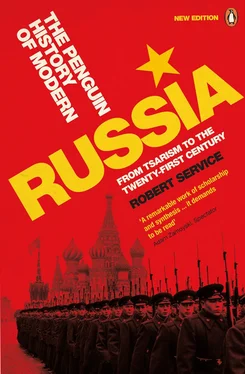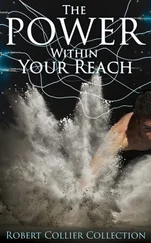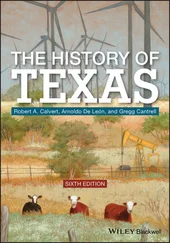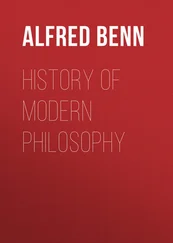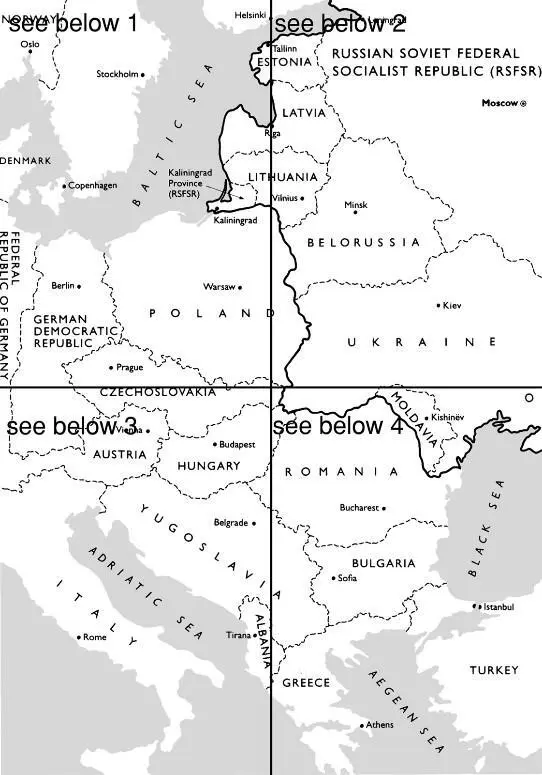
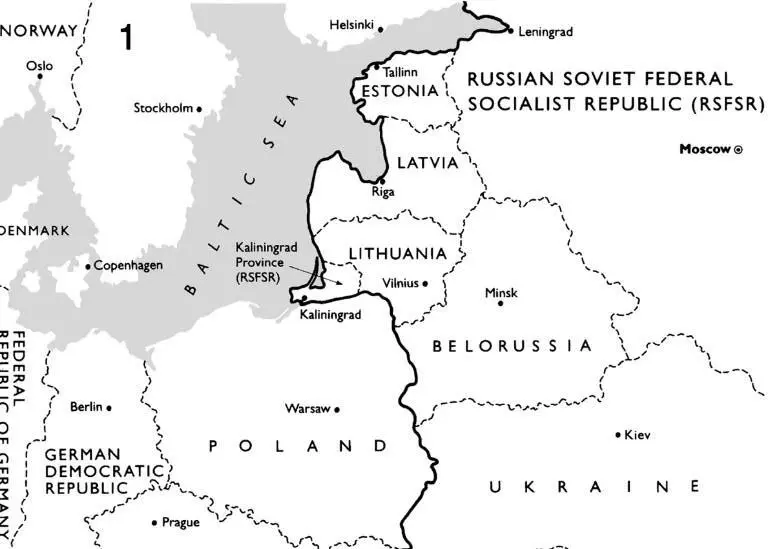
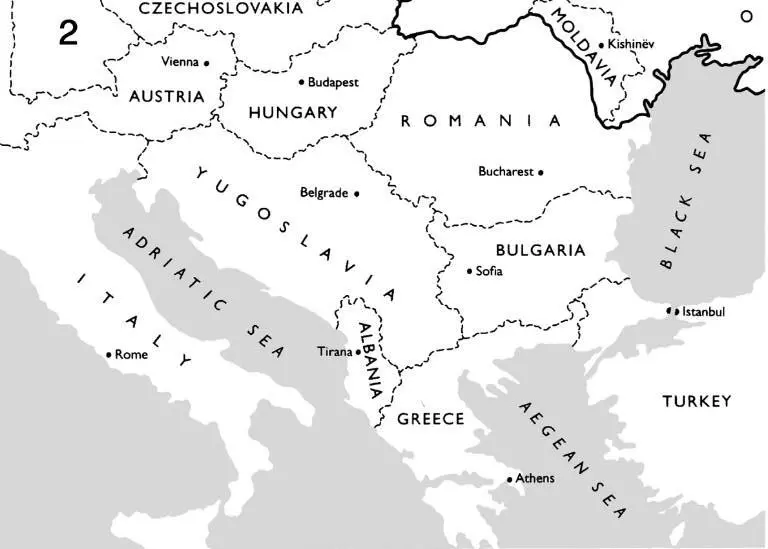
3 The Soviet Union and Eastern Europe after 1945
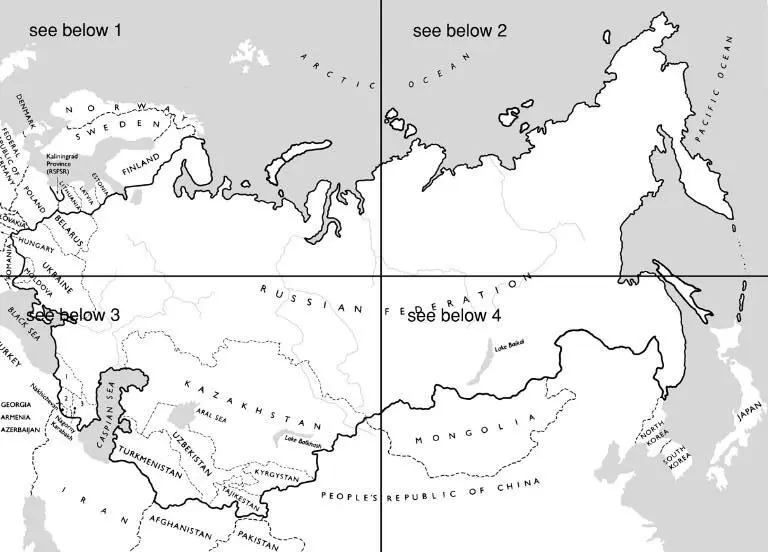
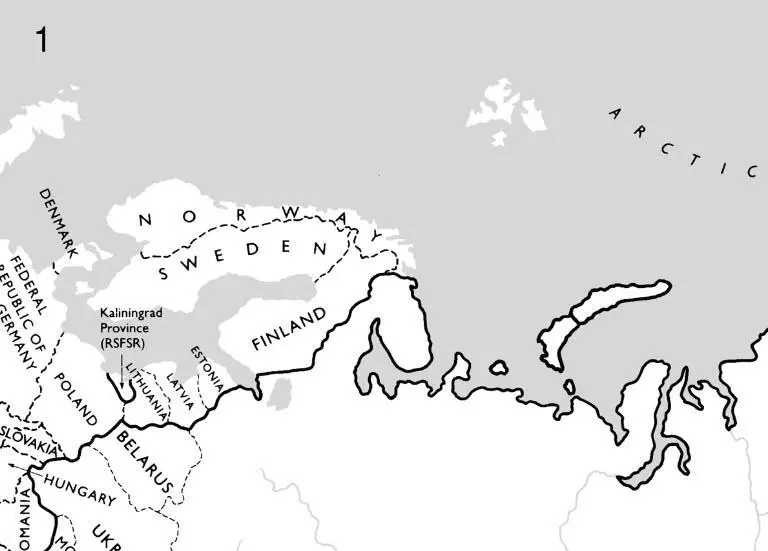
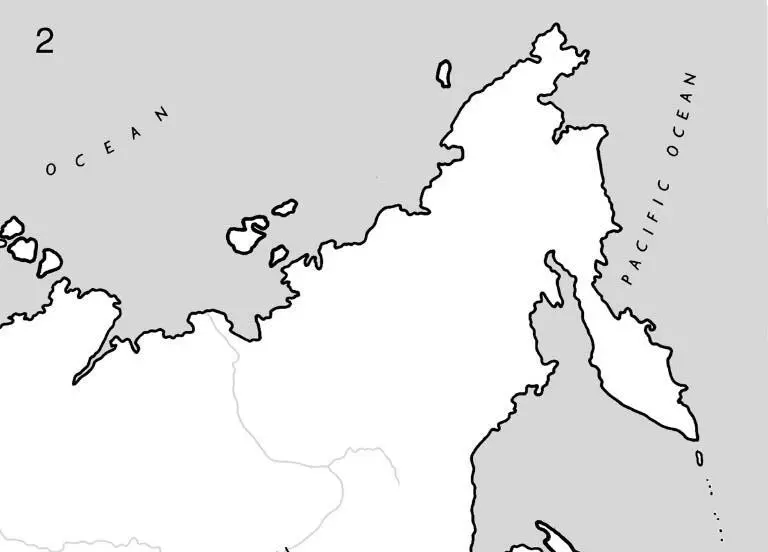
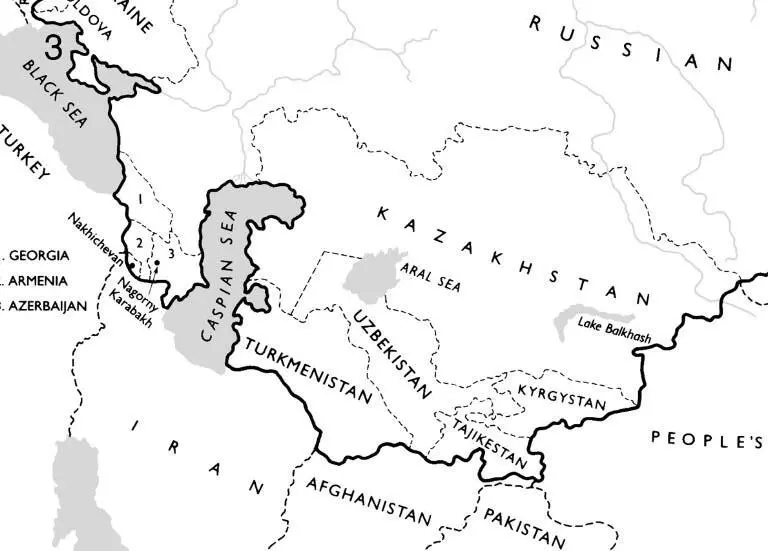
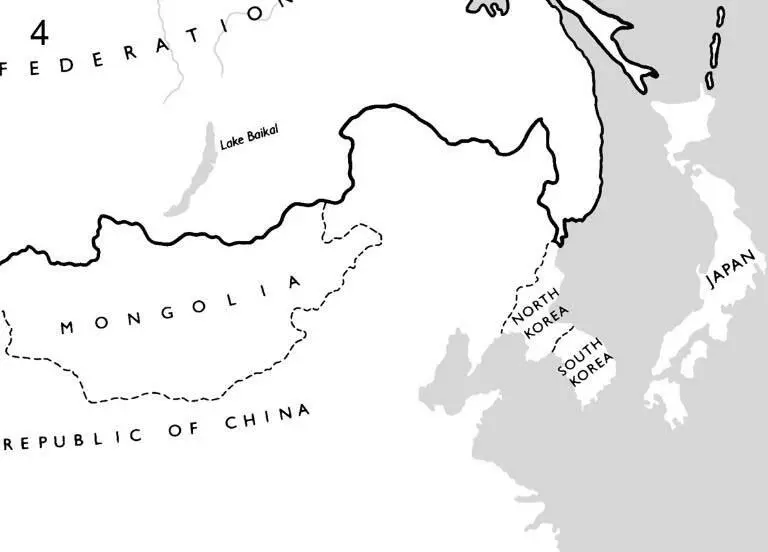
4 The Commonwealth of Independent States in 1997
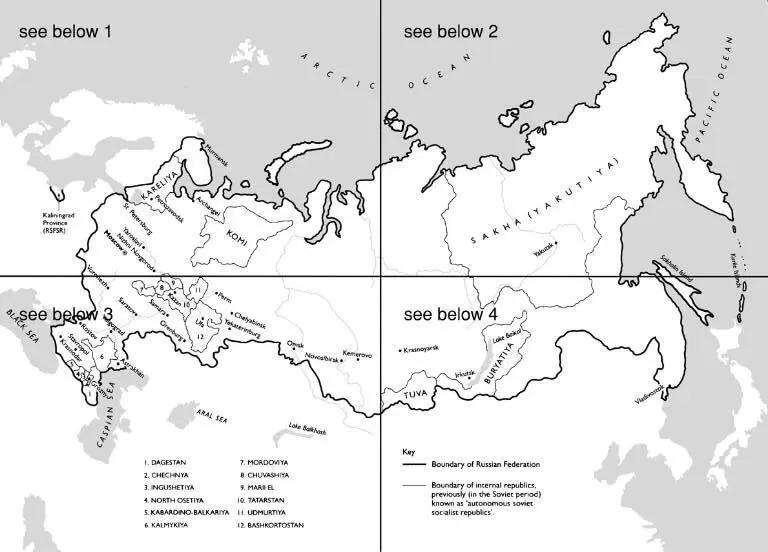
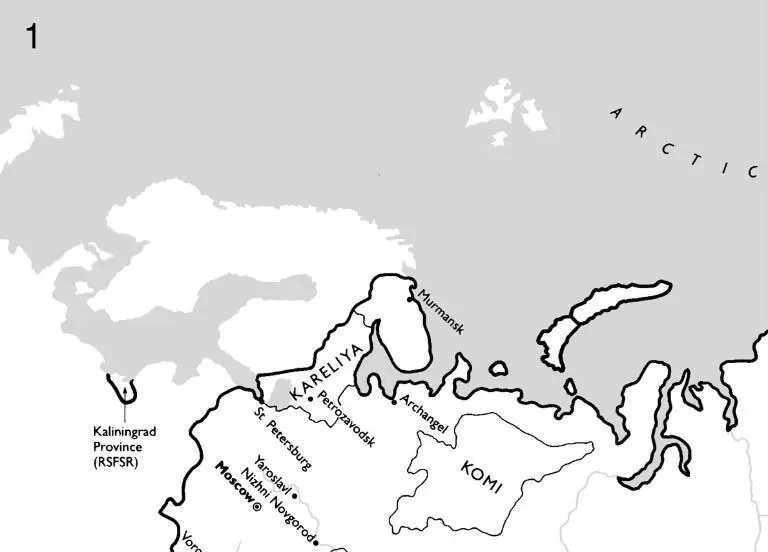
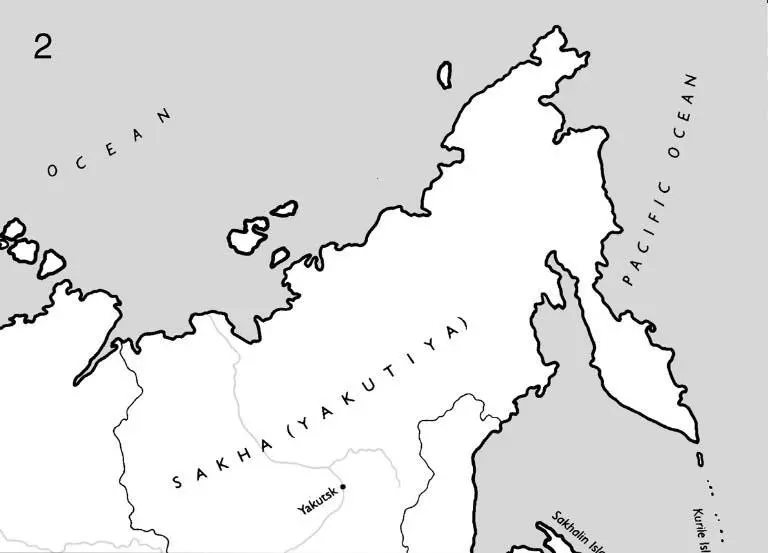
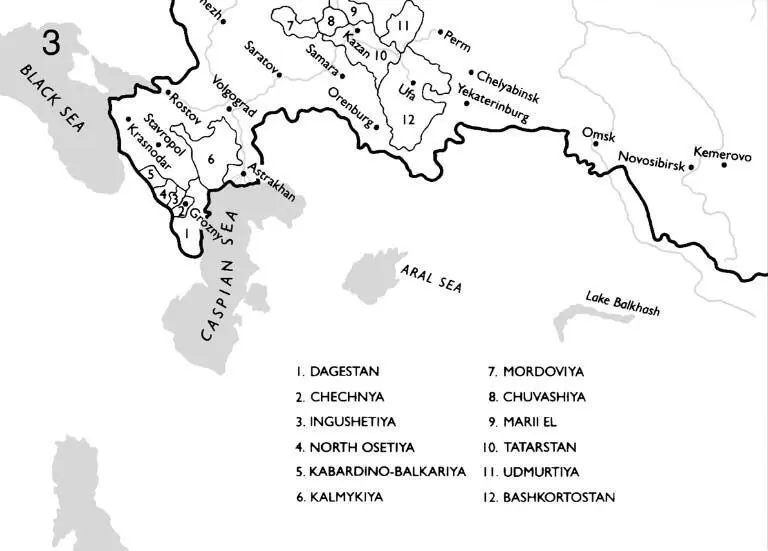
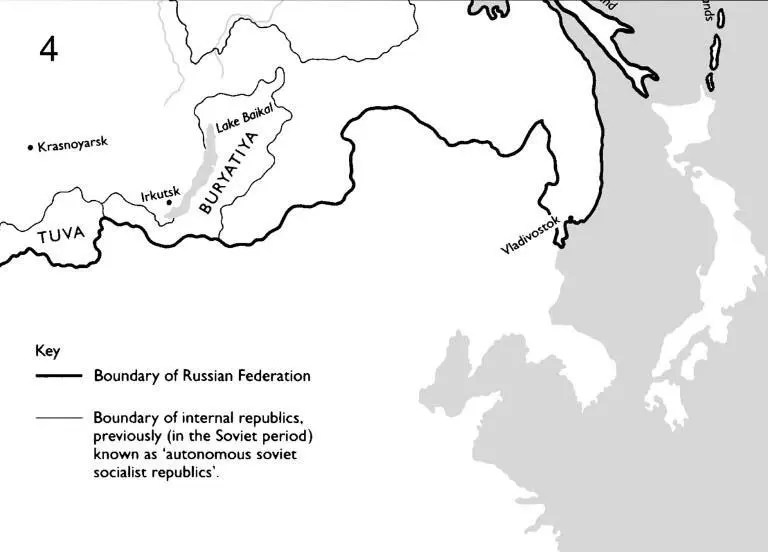
5 The Russian Federation 1997
The centrepiece of this history of contemporary Russia is the period of communist government. The weight of the Soviet years continues to lie heavily on the country. Before 1917 the Russian Empire was ruled by the tsars of the Romanov dynasty. Nicholas II was overthrown in the February Revolution, and the ensuing Provisional Government of liberals and socialists lasted merely a few months. Vladimir Lenin and his communist party organized the October Revolution in 1917 and established the world’s first communist state, which survived until the USSR’s abolition at the end of 1991. A new compound of politics, society, economics and culture prevailed in the intervening years. The USSR was a highly centralized, one-party dictatorship. It enforced a single official ideology; it imposed severe restrictions on national, religious and cultural self-expression. Its economy was predominantly state-owned. This Soviet compound served as model for the many communist states created elsewhere.
The phases of the recent Russian past have passed with breathtaking rapidity. After the October Revolution a Civil War broke out across Russia and its former empire. Having won the military struggle, the communists themselves came close to being overthrown by popular rebellions. Lenin introduced a New Economic Policy in 1921 which made temporary concessions, especially to the peasantry; but at the end of the same decade Iosif Stalin, who was emerging as the leading party figure after Lenin’s death in 1924, hurled the country into a campaign for forced-rate industrialization and forcible agricultural collectivization. The Great Terror followed in the late 1930s. Then came the Second World War. After Germany’s defeat in 1945, Stalin brought Eastern Europe under Soviet dominion and undertook post-war reconstruction with his own brutal methods. Only after his death in 1953 could the party leadership under Nikita Khrushchëv begin to reform the Soviet order. But Khrushchëv’s rule produced such political instability and resentment that in 1964 he was ousted by his colleagues.
His successor Leonid Brezhnev presided over a phase, and a lengthy phase at that, of uneasy stabilization. When he died in 1982, the struggle over the desirability of reform was resumed. Mikhail Gorbachëv became communist party leader in 1985 and introduced radical reforms of policies and institutions. A drastic transformation resulted. In 1989, after Gorbachëv had indicated that he would not use his armed forces to maintain Soviet political control in Eastern Europe, the communist regimes there fell in quick succession. Russia’s ‘outer empire’ crumbled. At home, too, Gorbachëv’s measures undermined the status quo. Most of his central party and governmental associates were disconcerted by his reforms. In August 1991 some of them made a bungled attempt to stop the process through a coup d’état . Gorbachëv returned briefly to power, but was constrained to abandon his own Soviet communist party and accept the dissolution of the USSR.
Russia and other Soviet republics gained their independence at the start of 1992, and Boris Yeltsin as Russian president proclaimed the de-communization of political and economic life as his strategic aim. Several fundamental difficulties endured. The economy’s decline sharply accelerated. The manufacturing sector collapsed. Social and administrative dislocation became acute. Criminality became an epidemic. In October 1993, when Yeltsin faced stalemate in his contest with leading opponents, he ordered the storming of the Russian White House and their arrest. Although he introduced a fresh constitution in December, strong challenges to his policies of reform remained. Communism had not been just an ideology, a party and a state; it had been consolidated as an entire social order, and the attitudes, techniques and objective interests within society were resistant to rapid dissolution. The path towards democracy and the market economy was strewn with obstacles. Yeltsin’s successors Vladimir Putin and Dmitri Medvedev busied themselves with orderly central power at the expense of the constitution and legality. They also cultivated respect for Soviet achievements, calling for an end to denigration of the USSR. Political and business elites benefited hugely from the profits made in energy exports. The Kremlin’s ruling group ruthlessly eliminated opposition. Authoritarian rule was re-imposed.
This turbulent history led to differing interpretations. Journalists and former diplomats published the initial accounts. Some were vehemently anti-Soviet, others were equally passionate on the other side of the debate — and still others avoided taking political sides and concentrated on depicting the bizarre aspects of life in the USSR. Few foreigners produced works of sophisticated analysis before the Second World War. It was Russian refugees and deportees who provided the works of lasting value. The Western focus on Soviet affairs was sharpened after 1945 when the USSR emerged as a world power. Research institutes were created in the USA, Western Europe and Japan; books and articles appeared in a publishing torrent. Debate was always lively, often polemical. Such discussions were severely curtailed for decades in Moscow by a regime seeking to impose doctrinal uniformity; but from the late 1980s Soviet writers too were permitted to publish the results of their thinking.
Official communist propagandists from 1917 through to the mid-1980s claimed there was nothing seriously wrong with the Soviet Union and that a perfectly functioning socialist order was within attainable range. 1Such boasts were challenged from the start. Otto Bauer, an Austrian Marxist, regarded the USSR as a barbarous state. He accepted, though, that the Bolsheviks had produced as much socialism as was possible in so backward a country. 2Yuli Martov, Karl Kautsky, Bertrand Russell and Fëdor Dan retorted that Leninism, being based on dictatorship and bureaucracy, was a fundamental distortion of any worthwhile version of socialism. 3By the end of the 1920s Lev Trotski was making similar points about bureaucratic degeneration, albeit with the proviso that it was Stalin’s misapplication of Leninism rather than Leninism itself that was the crucible for the distorting process. 4Other writers, especially Ivan Ilin and, in later decades, Alexander Solzhenitsyn, denounced Leninism as an import entirely alien to traditional Russian virtues and customs. 5This school of thought was challenged by the religious philosopher and socialist Nikolai Berdyaev who depicted the USSR as a reincarnation of Russian intellectual extremism. Berdyaev argued that the regime of Lenin and Stalin had reinforced the traditions of political repression, ideological intolerance and a passive, resentful society. 6
Читать дальше
